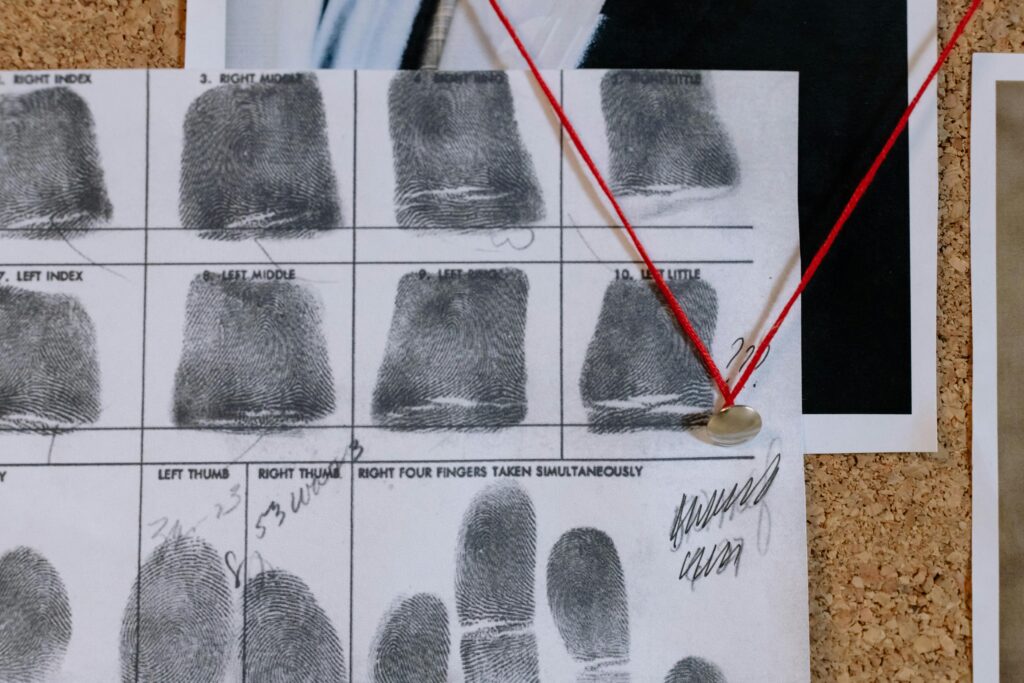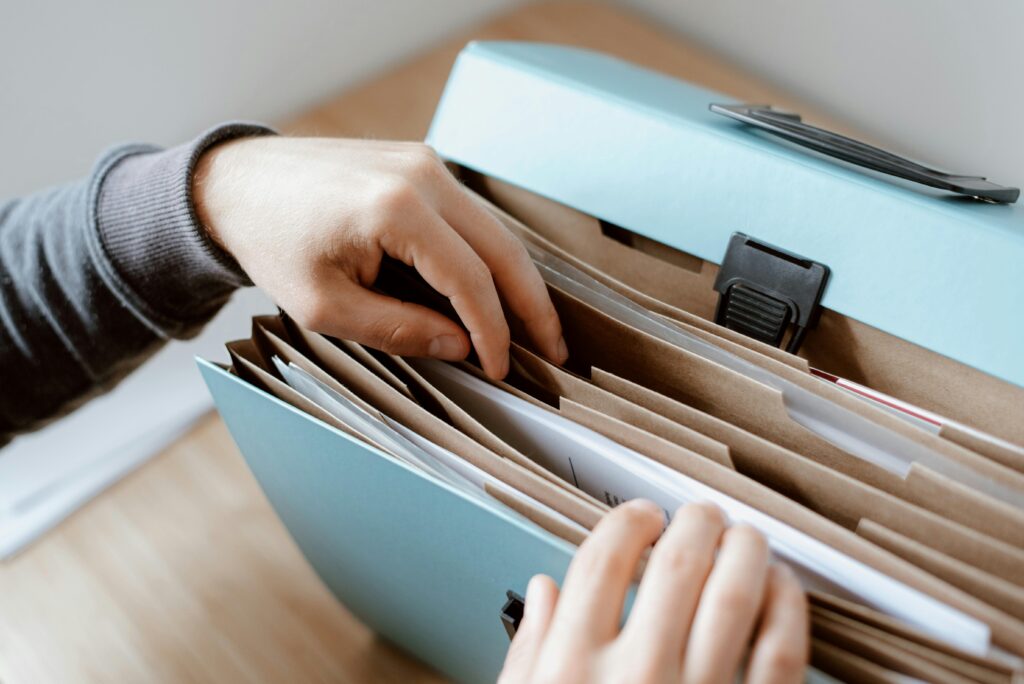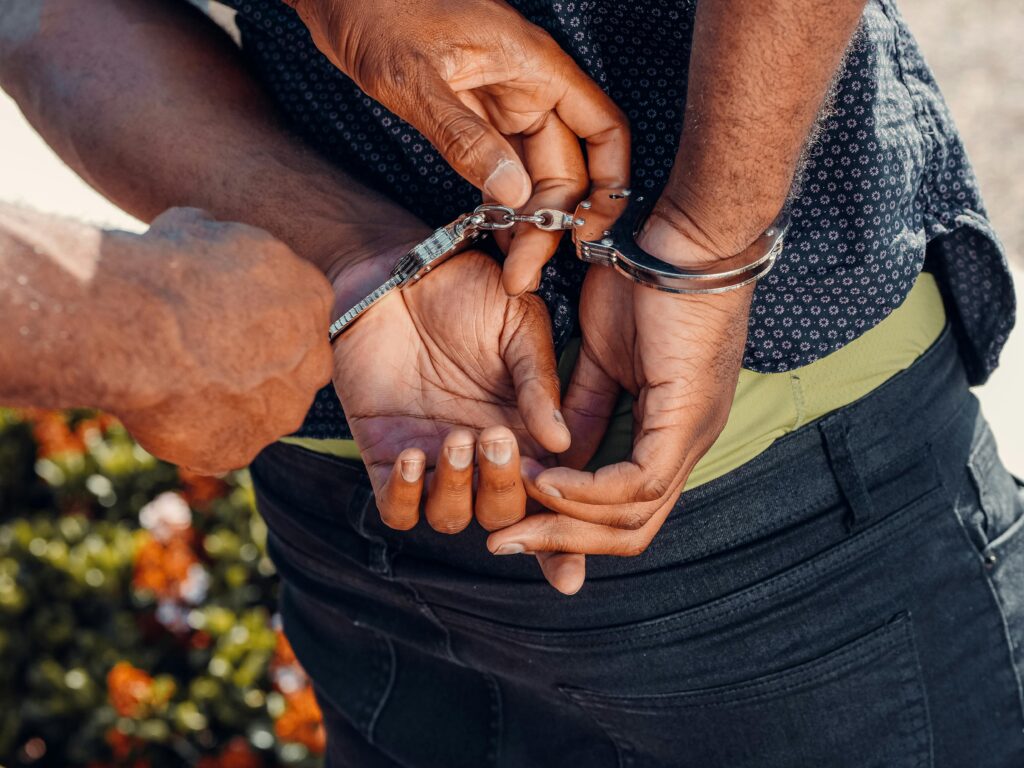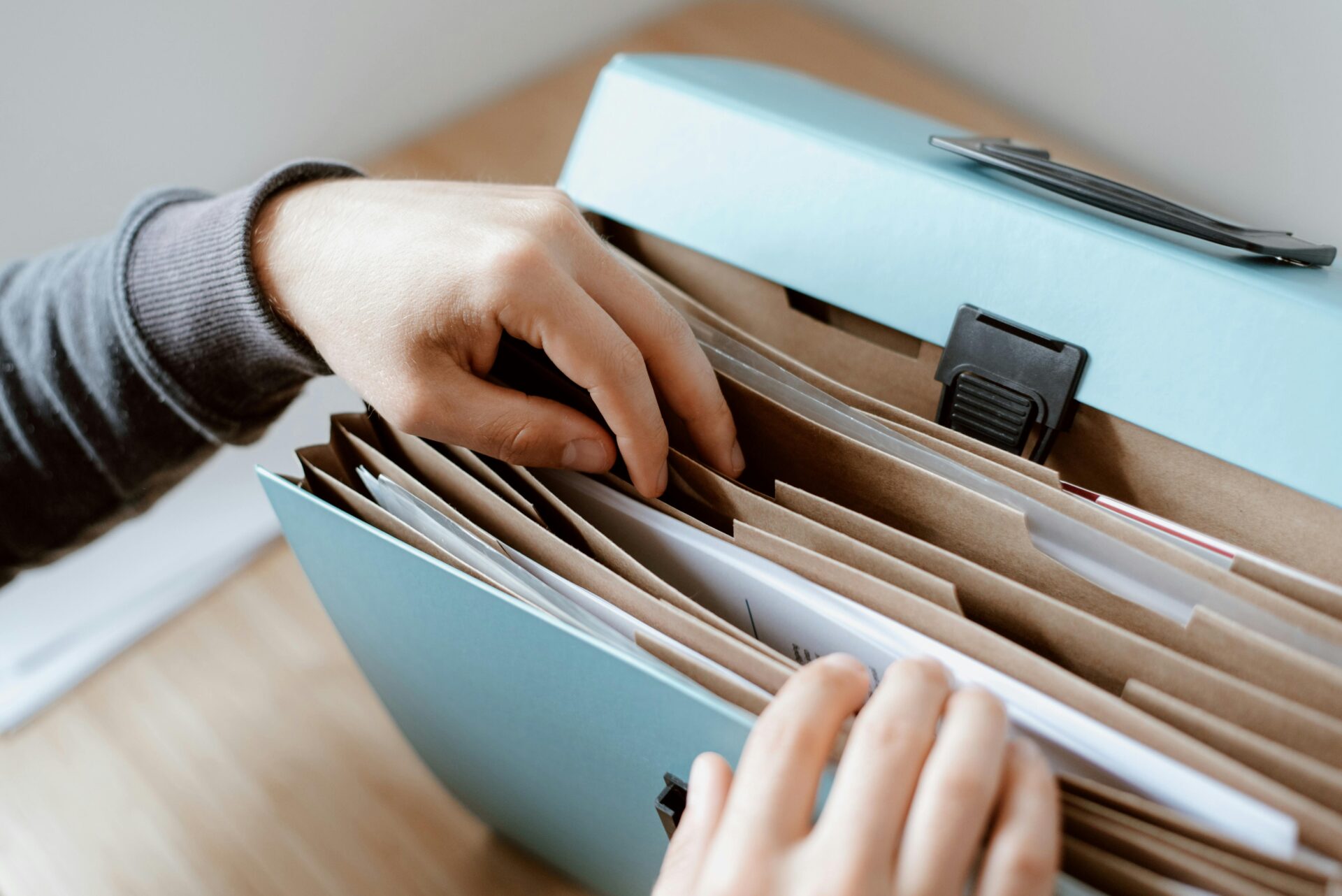Criminal records are official documents that capture an individual’s interactions with the criminal justice system, including arrests, charges, convictions, and sentences. They serve as vital tools for law enforcement, employers, and legal entities to verify past infractions and ensure safety and compliance. This article explains what criminal records include, how to access and manage them, and the potential impacts they may have on various aspects of your life.
What Is a Criminal Record and What Does It Include?
A criminal record documents an individual’s encounters with the criminal justice system. It details arrests, charges, convictions, and sentences, and is maintained by law enforcement agencies and courts. These records are crucial for background checks and legal verifications.
What Information Is Typically Found in a Criminal History Record?
A typical criminal history record contains personal details like full name, date of birth, and social security number, as well as arrest reports, charge descriptions, court proceedings, verdicts, and sentencing information. Sometimes, records include fingerprints, mugshots, and forensic evidence, ensuring that all pertinent details of one’s criminal history are documented.
How Do Criminal Conviction Records Differ From Other Legal Records?
Criminal conviction records show instances where an individual was found guilty, while other legal records may involve civil lawsuits, restraining orders, or traffic violations. By keeping these records separate, employers and legal professionals can better distinguish criminal behaviour from other legal issues.
How Are Criminal Records Created and Maintained?
Records are created at the time of arrest or legal involvement. Law enforcement files initial reports, and court proceedings subsequently update the record with charges, pleas, and convictions. These records are maintained in state and federal databases through automated and manual updates to ensure accuracy in background checks and legal reviews.
How Can You Check and Access Your Criminal Record?
Individuals can access their criminal records through official channels and authorised third-party services. Knowing the proper steps helps ensure the accuracy and completeness of your record.
What Are the Legal Ways to Obtain a Criminal Record or Background Check?
To legally obtain a criminal record, one can submit a request through state or federal law enforcement agencies, either in person, by mail, or online. Accredited third-party services also provide comprehensive background checks, compiling your criminal history for you.
Which Agencies Provide Criminal Record Information?
Local police departments, state bureaus of investigation, and the Federal security agencies typically provide criminal record information. Courts and correctional institutions may also supply conviction and sentencing details, and specialised background check companies consolidate data from multiple sources for employers and landlords.
How Do Employers and Landlords Use Criminal Records in Background Checks?

Photo by Pavel Danilyuk
Employers and landlords use criminal records to evaluate the potential risk posed by hires or tenants. While a clear record may support applications for trust-intensive roles or housing, a problematic history may result in additional scrutiny. In many cases, the time elapsed since the offence and evidence of rehabilitation are also considered.
What Are the Consequences of Having a Criminal Record?
A criminal record can significantly affect both professional and personal opportunities, influencing job prospects, housing applications, and professional licensing.
How Can a Criminal Record Affect Employment Opportunities?
Many companies perform background checks, and a criminal record—especially for positions requiring trust or security clearance—can reduce one’s chances of employment. While some organisations prioritise rehabilitation, industries with high safety standards often require a completely clear record.
What Impact Does a Criminal Record Have on Housing and Rentals?
Landlords may view a criminal history as a risk factor when screening tenants. Even minor offences might lead to extra scrutiny or rejection, particularly in competitive rental markets where managing risk is essential.
Can a Criminal Record Influence Professional Licensing or Education?
Certain professional licenses, for example, in healthcare or law enforcement, may be denied if a criminal record exists. Educational programs involving vulnerable populations might also require a background check, limiting access to some academic opportunities.
How Can You Remove or Seal a Criminal Record?

Photo by cottonbro studio
Removing or sealing a criminal record can facilitate rehabilitation and improve opportunities. Legal procedures allow qualified individuals to restrict public access to their criminal histories.
What Is the Difference Between Expungement and Record Sealing?
Expungement removes a criminal record from public databases, effectively erasing the offence, whereas record sealing restricts access without deleting the record entirely. The choice depends on state laws and the severity of the offence.
What Are the Eligibility Requirements for Expunging a Criminal Record?
Eligibility usually depends on the nature of the offence, the time elapsed since the conviction, and prior criminal activity. Many states require a period without reoffending, and some serious offences may be ineligible for expungement.
How Do You Start the Criminal Record Expungement Process?
Begin by obtaining certified copies of your records from law enforcement. File a petition with the appropriate court and pay any required fees, noting that legal assistance is recommended to navigate the complex paperwork and hearings.
What Legal Resources and Support Are Available for Criminal Record Issues?

Photo by Anete Lusina
Specialised attorneys, nonprofit organisations, and government agencies offer support for individuals seeking to manage or clear their criminal records, ensuring that their rights are upheld during legal processes.
How to Find Legal Professionals Specialising in Criminal Record Matters?
Search state bar association directories, ask for referrals, or use online legal platforms to find experts in expungement and sealing. Review their experience, client feedback, and case history to ensure the best support for your situation.
What Rights Do Individuals Have Regarding Their Criminal Records?
Individuals are entitled to access, review, and dispute inaccuracies in their records under laws like the Fair Credit Reporting Act (FCRA), along with state-specific regulations. These rights help ensure data accuracy and privacy.
How Do Criminal Records Affect Background Checks for Different Purposes?
Criminal records are integral to background checks in employment, housing, and licensing, making it important that the recorded history is accurate and complete.
What Types of Background Checks Include Criminal Record Information?
Background checks may be routine or more detailed, depending on the purpose, ranging from employment and tenant screening to professional licensing. They draw on data from both state and federal databases to verify an individual’s history.
How Do Criminal Records Influence Tenant Screening Processes?
Landlords review criminal records as part of tenant screening to assess potential risks. Effective screening balances public safety with fair housing practices, and individuals can often seek record sealing or expungement to improve their prospects.
What Should Employers Know About Using Criminal Records in Hiring?
Employers must comply with legal standards, including anti-discrimination laws, and obtain candidate consent before running background checks. They are advised to consider rehabilitative progress and contextual factors along with the criminal record.
What Are Common Questions About Criminal Records?

Photo by Kindel Media
Several common questions address the duration of records, the treatment of juvenile offences, and steps to correct errors, helping individuals understand and challenge their recorded histories.
How Long Do Criminal Records Stay on File?
Typically, criminal records remain permanently unless they are expunged or sealed by the court. Some jurisdictions allow certain records to be removed after a set time, but many serious offences are kept indefinitely.
Can Juvenile Records Appear on Adult Criminal Records?
In some cases, juvenile records may be included in an adult criminal record if reclassified as adult offences or mandated by law. However, many jurisdictions provide safeguards, such as automatic sealing after reaching a certain age or completing rehabilitation.
How Accurate Are Criminal Records and How to Correct Errors?
While criminal records are generally accurate, errors can occur. If inaccuracies are found, individuals can request corrections by providing supporting documentation to the agency responsible for maintaining the record.
Other Questions Include:
Q: What steps should I take if I find an error in my criminal record? A: Contact the agency that maintains your record and follow their dispute resolution process, providing any necessary documentation.
Q: Can I access my criminal record online? A: Yes, many jurisdictions offer online access through official law enforcement or government websites.
Q: Does having a sealed record mean employers cannot see any criminal history? A: Generally, a sealed record is omitted from standard background checks, though certain government positions may require full disclosure.
Q: How do expungement and record sealing differ legally? A: Expungement removes the record entirely, while sealing restricts its accessibility without erasing it completely.
Q: Are there any free services to check criminal records for accuracy? A: Some government agencies provide free self-checks, though third-party services may charge a fee for detailed analyses.







